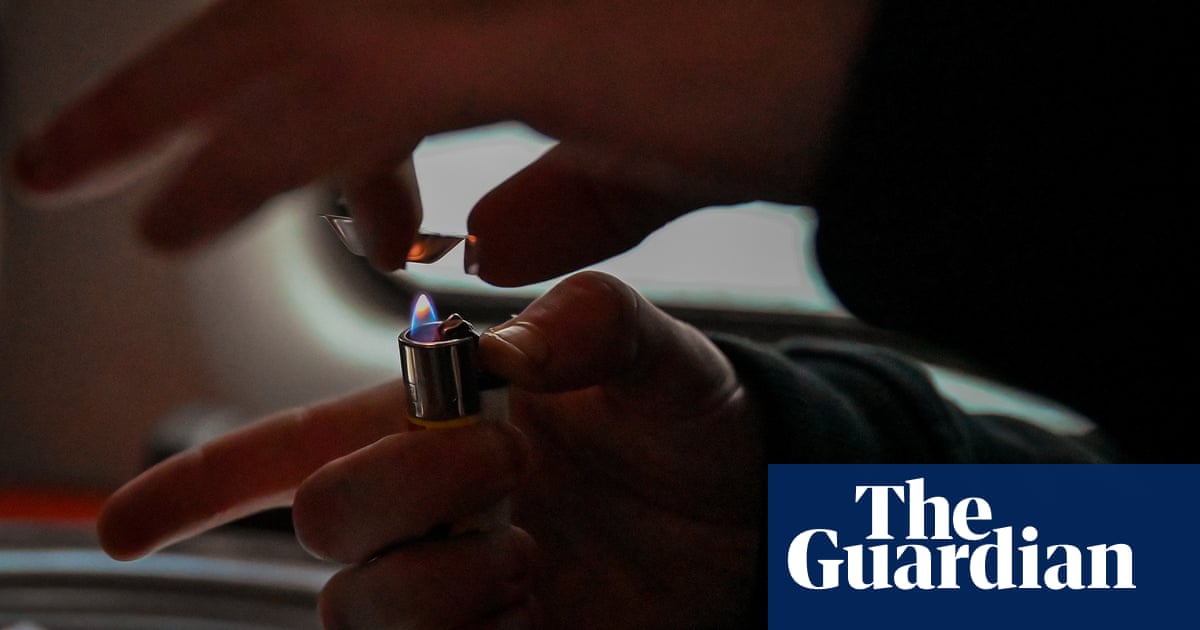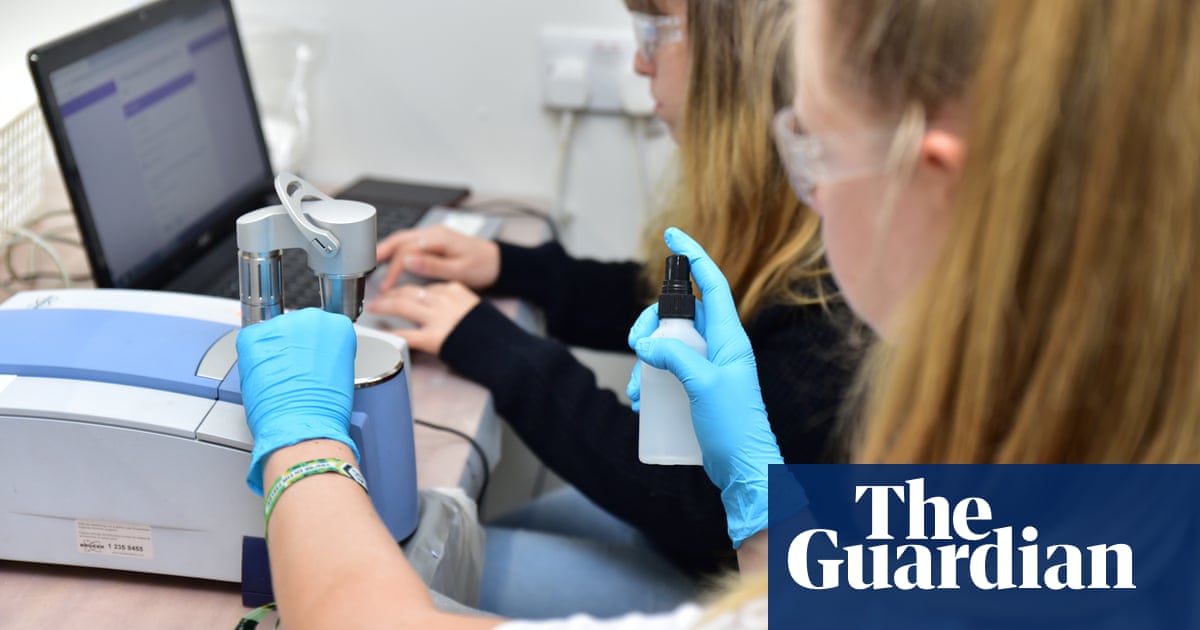
I run Scotland’s, and the UK’s, first overdose prevention service, also known as a drug consumption room, from an ambulance in Glasgow city centre.
The service allows people to take their own drugs under supervision of trained professionals who can intervene in the event of an overdose. We also provide a sterile area with clean equipment to reduce infections and the spread of blood-borne viruses, such as HIV, of which Glasgow is experiencing its worst outbreak in 30 years.
On average, four injections per hour take place when we operate in a small area of Glasgow, with an estimated 500-plus people out in the open, publicly injecting. In most alleyways, abandoned buildings and car parks you can find used paraphernalia, or in the worst-case scenario a dead body. The service I provide is needed on a much larger scale if it is truly to support people into treatment – they cannot recover if they’re dead. And, by extension, only by rolling it out across Scotland can the service have a positive impact on the residents and businesses who make up our communities.
I have put everything on the line to run this facility, initially losing my job, as the service has no legal framework in which to operate, to more recently being charged by police for an alleged obstruction during a search of homeless people (the case was later dropped). The stress of seeing so many drug-related harms and so many young people in need of support takes its toll on all areas of my life. My wife, who works full-time, has also taken on the pressure of home-schooling our children during the pandemic. But when we are not around people are rushing injections in rat-infested alleyways, picking up infections and creating abscesses. Many who use on their own are risking death every time they inject.
Many may ask why? As a person who went through my own trauma – drug use and street homelessness issues many years ago – I cannot stand back and allow governments to be complicit in allowing people to die. Overdose prevention services are an internationally recognised way of reducing drug-related harms. It benefits everyone by supporting the most vulnerable and saving taxpayers’ money on ambulance callouts, hospital admissions and council clean-up teams.
Scotland has more than injecting drug use problems – it has a new generation of drug users, many in their teens, using street Valium, a homemade concoction of benzodiazepines. These can be bought on the streets of towns and cities throughout the country for as little as 20p a pill. Mixed with heroin, cocaine, alcohol and gabapentin and pregabalin, it makes for a perfect storm of drug deaths.
In 2019, Scotland had 1,264 drug deaths, 814 of them reported as “street benzo” according to the NRA drug death statistics compared to 2010 when 485 deaths were reported and no “street benzos” were detected. Many commentators claim that since prescribing services stopped prescribing benzodiazepines, the illicit market has grown exponentially and is one of the main drivers of Scotland’s unprecedented rise to the drug death capital of Europe.
In order for Scotland to reduce these terrible preventable death rates we need action. Politicians have blamed each other, with the Scottish government blaming Westminster and the UK government pointing out the more than three times higher death rates in Scotland – in reality both are to blame. The British government holds firm on the now 50-year-old Misuse of Drugs Act, which is no longer fit for purpose. The Scottish government cut budgets in 2016 after record deaths in 2015, leading to the largest increase in deaths in a single year when a 27% annual increase was recorded between 2017 and 2018.
What is apparent is that the vast majority of people dying from drug deaths come from economically deprived areas. The question I and many others have raised is: would it be different if deaths were from the most affluent areas of the country? Many countries, such as Portugal and Switzerland, have seen drug deaths and HIV rates plummet by changing policy, and it seems like the UK still does not want to change.
In the short term, we need to get people on to medications, support them with housing and in-depth counselling to deal with much of the trauma they carry, often from childhood, compounded by dealing with the criminal justice system. In the longer term we need to deal with socio-economic deprivation, providing a more equal society, which would lead to less drug use and ultimately less deaths.
This is the reason I decided to run for a seat in Scotland’s elections next week. We need voices from people who have faced challenges with poverty, mental health, drug addiction and homelessness represented in government. Ministers often have no direct experience of the departments they are running, and advisers and civil servants don’t understand what is needed to support the vast sections of society who are experiencing what I have experienced.
On 6 May, when new Scottish politicians are elected, I hope that all the parties will put the politics to one side and do what is right to take on this problem. We have suffered enough, and we should not have to suffer any more.
Peter Krykant is the Independent MSP candidate for Falkirk East and a drugs policy campaigner












